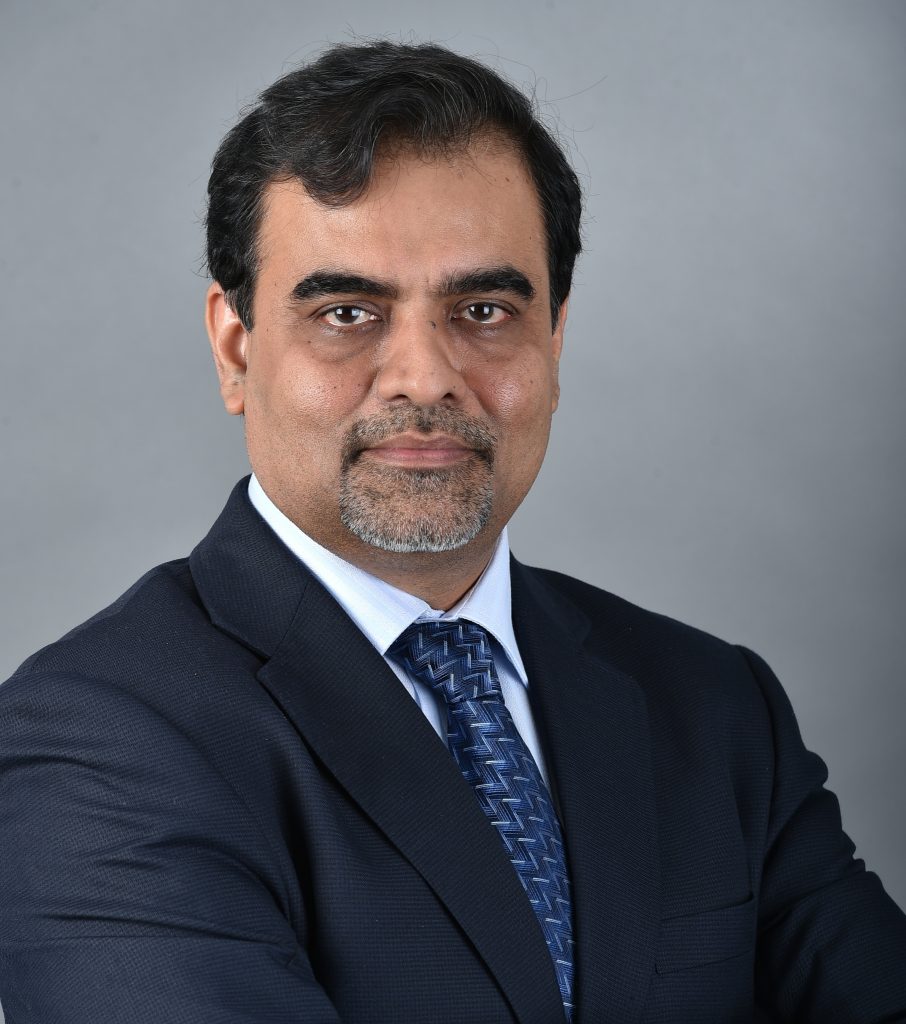Understanding the complete potential of a technology is pivotal to correctly utilising a service; Rockwell Automation constantly strives to bring this knowledge closer to its customers.
Automation University, hosted by Rockwell Automation and members of its PartnerNetwork programme in Abu Dhabi, UAE, is an event focused on technologies encompassing integrated information and automation solutions, focusing on current and emerging challenges within the oil and gas, metals and mining, water waste, and consumer packaged goods industries. LNME speaks to Pankaj Shrivastava, field business leader – Architecture and Software, Rockwell Automation, to find out more about the event and the topics in discussion.
- What were some of the key topics in discussion at Automation University?
Around the world, Rockwell Automation is committed to putting our customers’ learning needs first by delivering local and regional events designed to foster the knowledge and expertise in best automation practices, placing our customers ahead of their competition. Automation University, held for the third time in the Middle East, is our signature event and gives visitors the opportunity to meet with industry specialists, share experiences, and to learn and find the best solution to support the growth of their businesses. The high number of attendees this year is testimony to the demand in the region for learning, and we feel privileged to be have been able to share our expertise with so many professionals.
Over 400 professionals from 10 countries attended the two-day comprehensive event, encompassing multiple learning sessions, hands-on labs, demo rooms and industry focused roundtables. They explored the influence that smart manufacturing, Industry 4.0 and the connected enterprise have on the automation sector and how information technology (IT) and operation technology (OT) converge to bring increased profitability, lower operating costs, and faster time to market.
Some of the key topics addressed during the event included network and security services, connected production, and digitalisation journey.
- Can you give us some more details about key discussions from the event?
Rockwell Automation, through its network and security services (NSS), and in collaboration with strategic alliance partners, demonstrated how organisations can secure their infrastructure, protect assets, and maintain network availability in light of the security threats coming with greater connectivity.
NSS sessions at the Automation University included Industrial Network Infrastructures, Virtualisation and Cyber Security Matter; Implementing Security and IP Protection Features in Integrated Architecture; and How to bring Real-time Cybersecurity and Visibility for Industrial Control Networks.
Touching upon the oil and gas industries: there is a lot of talk about digital oilfields, as the sector strives to improve profitability after many years of depressed prices. Throughout this time, Rockwell Automation has been walking the talk in improving operational flexibility and competitiveness in the oil and gas industry by improving existing plants with data-driven system enhancements.
During the Automation University sessions, we discussed how available technologies and the adoption of digitalisation projects provide a number of benefits for the users in the oil and gas sector. We took a deep approach into showcasing how benefits of Industry 4.0 and IIoT can advance operations into a more connected digital oilfield and solve every day business challenges.
The oil and gas focused sessions at the Automation University included:
- Connected Production in Digital Oilfields
This session discussed a secure pathway from production data to actionable intelligence focusing on how ConnectedProduction provides oil and gas producers the secure connectivity, and scalability, required to visualise and optimise production from the well head to the point of custody transfer.
- Digitalisation Journey in Oil and Gas Industry Roundtable
During this round table, industry experts from Rockwell Automation and its PartnerNetwork discussed the need for digitisation and extracting more value from data, as well as the importance of security, data quality, and contextualisation. They discussed how new technologies, advanced algorithms, machine learning and artificial intelligence software and devices can contribute to improved oil and gas operations.
Automation University gives visitors the opportunity to meet with industry specialists, share experiences, and to learn and find the best solution to support the growth of their businesses.
- The need of the hour is automation. What are your thoughts on this?
As a solutions provider we need to understand our customers, their businesses, their goals, and together we can assess what they can achieve through automation. The benefits of a development depend on what the client wishes to achieve. What is clear is the improvement of the overall performance, increased productivity, and a decrease in downtime. However, in some industries, the goal may be quality improvement or developing production process monitoring. This is why cooperation with partners is paramount.
- Tell us about Rockwell’s Connected Enterprise
When you think about all the previous industrial revolutions, they were journeys that began with minor changes and led to several innovations. The move towards connected enterprise is not that much different from those previous phases. Regardless of size, every company must work hard to survive. Rockwell is the worlds biggest company dedicated solely to industrial automation, so naturally, we have a lot of experience regarding these processes. We work closely together with our partners. Everyone should understand that joint efforts are always more successful than trying to make it in isolation.
- Manufacturing competitiveness is indeed reaching its peak, especially with the surge in online ecommerce and digitalisation of the supply chain. Is automation the right solution to improve trade or is supply peaking over demand?
We are indeed witnessing a significant transformation in the industry, the aim of which is to leverage the latest technologies and increase productivity. Although it holds challenges, I believe it also offers great opportunities. These opportunities are not only available to manufacturers, but also to their vendors and the companies developing new technological solutions.

